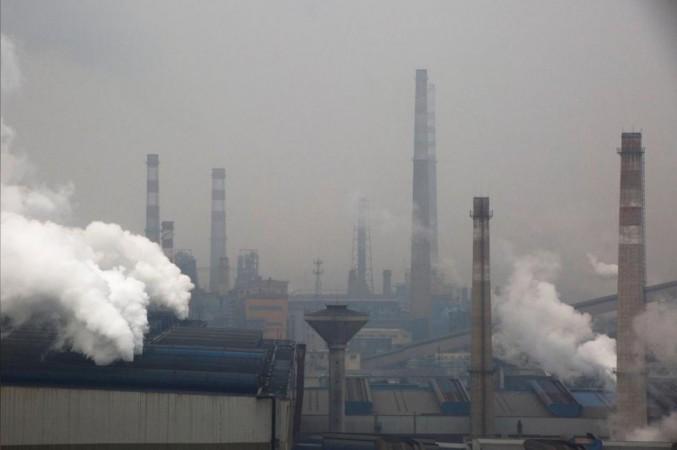
Days after an international study indicated that China will be able to achieve its emission goals ahead of the 2030 climate agenda, a senior Chinese official on Friday, August 30, said that the coal-reliant country is at risk for not achieving the target due to the trade war with the US.
Ministry of Ecology and Environment official Li Gao said that China's economy has been put under pressure due to the ongoing tariff conflict.
"External elements, such as the Sino-US trade war, have brought negative impacts and increasing uncertainties to the global economy, which has also made it more difficult for China to tackle climate change," the Chinese official said according to a Reuters report.
China has pledged to control its carbon emissions by 2030 under the United Nations Paris Climate Agreement. In June it claimed that it would declare its "highest possible ambition" on next year's climate change policy review, indicating future firm targets to be introduced in its 2021-2025 plan.
He said that since China relied on fossil fuels, emission positive adjustments and meeting the targets will not be possible due to the economic slowdown.
"With the economy under downward pressure, the country has to take more measures to guarantee employment and the people's livelihood," he said. "Some of those measures may not fit our effort to tackle climate change," he added.
Li's statement comes weeks after an international study, published this month, stated that despite China being the world's largest carbon emitter, the country is "on track to meet its formal obligations under the Paris Agreement".
The study concluded that carbon emissions for most cities stop rising and then begin to decline when GDP reaches around $21,000 per person.
Chris Nielsen, executive director of the international project had said, "Cities are a central front for global climate action and there is clear evidence of progress across Chinese urban areas, in part because this action can be integrated with China's efforts to reduce conventional air pollution."
UN climate envoy Luis de Alba told Reuters earlier this month that the international body had received a "positive response" from China on ending investment in coal.
China's climate change policies and its emissions are likely to be probed at the United Nations climate summit that is scheduled to take place in New York next month. Discussions on climate will focus on the soaring record-breaking temperatures recorded across the world.

















